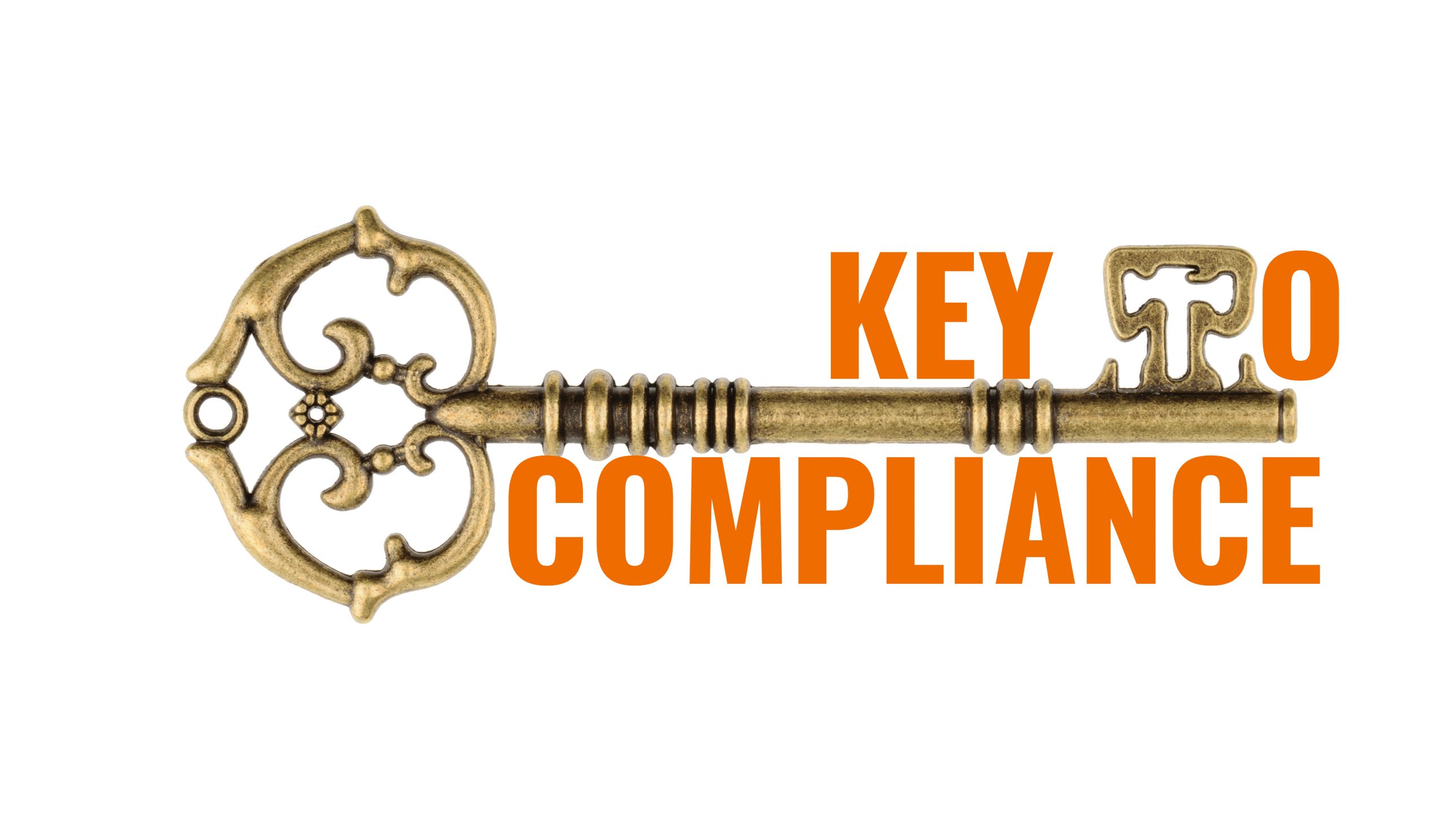Novel Food defined as food that has not been consumed to a significant degree in the EU before May 15, 1997 AND falls within at least one of 10 categories listed in Article 3 of the new regulation.
Determination of Novel Status – Guiding steps:
1.Assess whether the ingredient is excluded from the scope (food additive, flavoring, extraction solvent or food enzymes are excluded);
2.Assess whether there is any doubt as to the significant history of consumption in the EU before May 15, 1997. Note that the significant consumption should be as foods (regardless the category). Consumption in medicine does not suffice. Pay special attention to the production process, since a novel production process applied to a conventional food may render it novel;
3.Verify on the website of the European Commission whether the food/food ingredient has been authorized as a novel food;
4.Verify if the ingredient is an authorized source of vitamins/minerals pursuant to Directive 2002/46. If so, it is assumed to have non-novel status;
5.Search in public databases:
- The EU Novel Food Catalogue contains the novel status of many ingredients, mainly plants. For food supplements, the status may be either “✓” (not novel in foods) or “FS” (not novel in food supplements). Note that for regular foods, “FS” status does not exclude novel status.
- The Belgian authorities have published a list of non-novel plants and essential oils.
- Conduct a search for evidence of a history of use. Evidence may include invoices, import documents, price lists, FAO statistics, literature, labels with date, recipes or cookbooks with a date.
- Finally, EU countries can be consulted on the novel food status of a food/food ingredient. Some EU countries such as Belgium have a special request form.
Novel food regulations
- Applies to Fortified Foods and Food Supplements
- Novel Foods can be newly developed, innovative food OR food produced using new technologies production processes AS WELL AS food traditionally eaten outside of the EU.
- Examples of authorized novel foods: Chia seeds, synthetic zeaxanthin, or extracts from existing food (e.g. rapeseed protein)
- Novel foods require pre-marketing approval. The procedure is long and cumbersome and can take several years.
- Exporters should be aware of the novel status of every ingredient they use.
- January 1, 2018 the EU’s new framework regulation 2015/2283 became applicable. It Repeals regulations 258/97 and 1852/2001
- Novel Food classification is one of the most common obstacles to the commercialization of food supplements in the EU and should be addressed early in the product development phase
- It is a legal obligation for the food business operator to consult a NCA when they are unsure if food falls within the scope of the NFR.
- Process for consulting NCAs outlined within regulations
- MS will reach a conclusion on NF status within 4 months (extendable once with 4 months)
- Commission to publish outcome on its website
- Novel Food Regulation does not apply to the following as they have their own directives or regulations:
- Genetically Modified Foods
- Food Additives
- Food Flavorings
- Extraction Solvents
Implementation of Novel Food Regulations
- Commission Implementing Regulation 2017/2470 – establishes a list of authorized novel foods, corrected by Commission Implementing Regulation 2018/1023
- Commission Implementing Regulation 2017/2469 sets out administrative and scientific requirements for novel food applications
- Commission Implementing Regulation 2017/2468 sets out administrative and scientific requirements for traditional foods from third countries
- Commission Implementing Regulation 2018/456 sets out the procedural steps of the consultation procedure for determination of novel food status.
